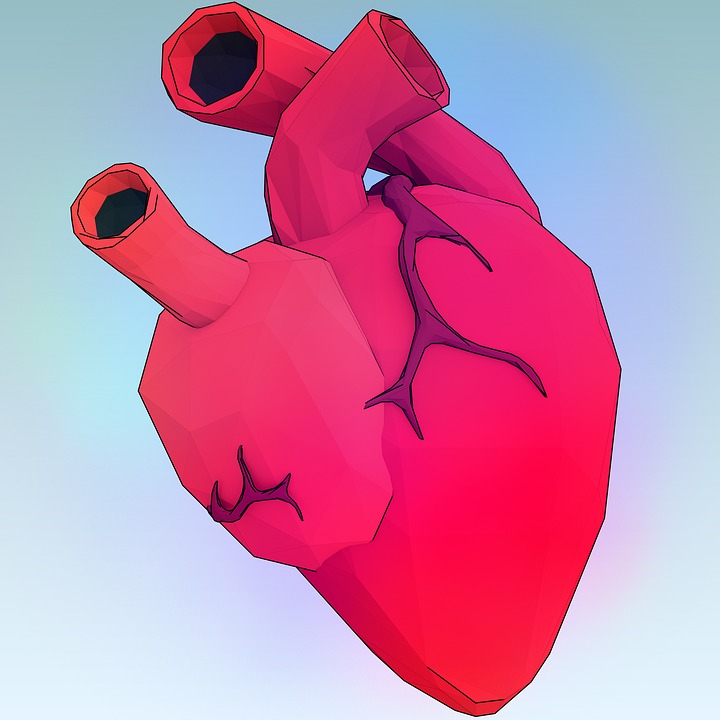Irregular and rapid heartbeat is something that many elderly people face. This condition is called atrial fibrillation and is commonly known as AFib. It is a very dangerous condition, as it can lead to heart failure, blood clots, and strokes—all of which can be fatal. At the moment there are more than one million people living with atrial fibrillation just in the United States. Most of them, and you as well, must be wondering how long you can live with AFib. We’re here to answer that.
What Is the Life Expectancy for a Person with AFib?
Having AFib will make you feel like your heart is skipping beats. This is something that won’t go unnoticed by anyone. This condition doesn’t necessarily shorten one’s lifespan. But it is essential to visit your doctor and do everything in your power to bring your heartbeat under control.
If gotten under control in time, it will not shorten anyone’s life. But if left untreated, it will cause health issues, and a person’s life will be reduced. The main problem with atrial fibrillation is that it often follows other health conditions. So when AFib is combined with another heart issue, it can be devastating.

Source: pixabay.com
Warning Signs of AFib
Most people believe that AFib can happen only to older adults. Unfortunately, this is not true. This condition can hit all individuals of any age. It has even been recorded in children younger than 5.
Another problem which comes with atrial fibrillation is that it sometimes doesn’t have any signs. Sometimes you might notice some, or it could be the case that they just don’t manifest themselves. These issues arise because you have four chambers in your heart, and while one might be stumbling, you can get enough blood from your other three.
But despite this, there are luckily some symptoms. The most prominent include:
- Heart throbbing
- Rapid heartbeat
- Erratic heartbeat
- Shortness of breath
- Chest pain
- Dizziness
These symptoms can be combined, or you might sense only one. The worst part: you might not detect even one.
This condition can be detected by a simple EKG or a routine physical exam. If you visit a doctor, and he notices something suspicious, you might get a Holter monitor for a couple of days to be sure. This monitor follows the electrical activity of your heart. Other tests that can discover AFib include a stress test, chest x-ray, or blood tests.
Can AFib Be Prevented? How Is AFib Treated?
There are no guarantees that you will never have this condition. But if you follow some guidelines, you can avoid it, or if you develop AFib, you can prolong your life. The most important thing to do is to avoid substances that can trigger AFib symptoms. These include caffeine, alcohol, and salty foods.
The life expectancy when you develop this disease varies from case to case. It all depends on an individual’s lifestyle, overall heart health, and getting diagnosed in time. All of this might sound depressing, but you can get information on how to handle AFib from your doctor and start fighting it. If you put an effort into battling AFib you can live long and productively for years.
Also, some foods are good for your overall heart health. Regardless of whether you have atrial fibrillation, you should to consume these on a regular basis. The best foods for your heart are fish and other foods that contain omega-3 fatty acids, fruits and vegetables rich in vitamins, potassium, and beta-carotene (dark leafy greens, broccoli, tomatoes, and asparagus), and oatmeal mixed with berries, nuts, and seeds.
Featured Image Source: www.pixabay.com
The post AFib Life Expectancy: How Long Can You Live with Atrial Fibrillation? appeared first on Best Homecare Tips.
Source: CareTips

